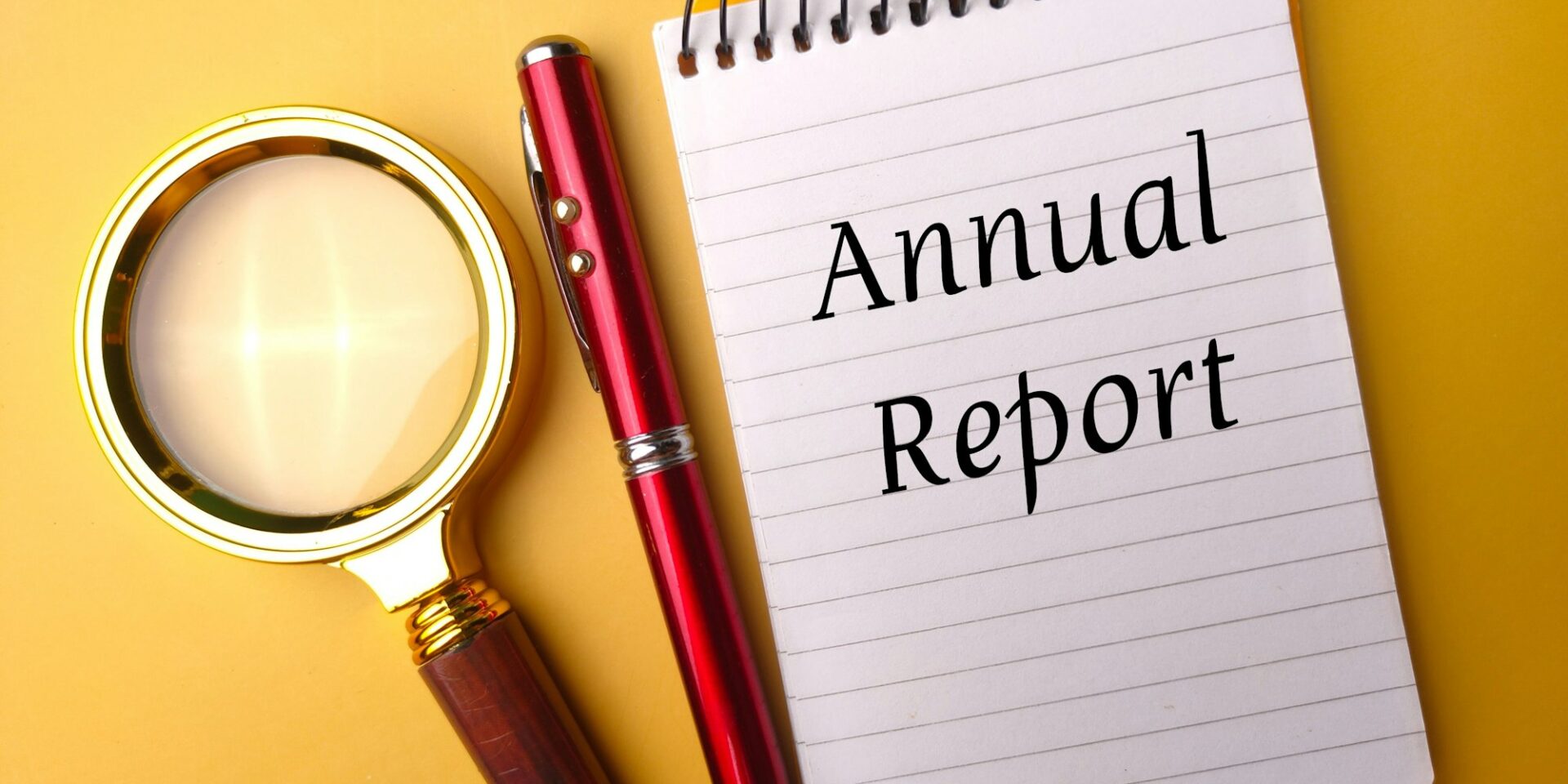Annual Report Analysis 2021-22: Central Water Commission
The Central Water Commission’s (CWC) Annual Report for 2021-22 highlights significant achievements and ongoing efforts in water resource management and development across India. Key takeaways include advancements in water resources projects, flood management, river management, and international cooperation.
Highlighted Data:
- Water Resources: Average annual rainfall (1985-2015) was 1105 mm, with a 2020 annual rainfall of 1283 mm. The mean annual natural runoff was 1999.2 BCM, with an estimated utilisable water potential of 1122 BCM.
- Hydrological Observations: Conducted at 1543 sites, including meteorological observations at 187 sites.
- Flood Forecasting: Provided services at 331 stations, issuing 10617 flood forecasts, aiding in effective flood management.
- Reservoir Monitoring: Monitored storage positions of 143 reservoirs, assisting states in water utilization planning.
Projects Implemented:
- Design Consultancy: Provided for 79 water resources development projects, including projects in Bhutan, Afghanistan, and Nepal.
- Irrigation Projects: Monitored 38 out of 99 priority irrigation projects under the PMKSY-AIBP program.
- Flood Management: Ongoing implementation of the Flood Management Programme (FMP) and River Management Activities & Works related to Border Areas (RMBA).
Budget Allocation and Utilization:
- PMKSY-AIBP: Approved continuation with an outlay of Rs. 93,068 crore, including Rs. 37,454 crore Central Assistance to States.
- FMP: Allocated Rs. 8,000 crore under XI Plan, with continuation approved under XII Plan with an outlay of Rs. 10,000 crore.
Pros and Cons:
- Pros:
- Comprehensive monitoring and implementation of various water resource projects.
- Effective flood forecasting and management services.
- Successful international cooperation on water resources projects.
- Accreditation of 17 Water Quality Laboratories by NABL.
- Cons:
- Delays in certain projects due to technical and administrative challenges.
- Need for enhanced funding and timely completion of ongoing projects.
Delayed Projects:
- National Projects: Gosikhurd Project of Maharashtra, Shahpur Kandi of Punjab, Teesta Barrage Project of West Bengal, among others, experienced delays.
- Ken Betwa Link Project: Issues related to water sharing between Madhya Pradesh and Uttar Pradesh caused delays in project implementation.
- Ujh Multipurpose Project: Delayed due to the need for redesigning to enhance socio-economic benefits and secure funding.


